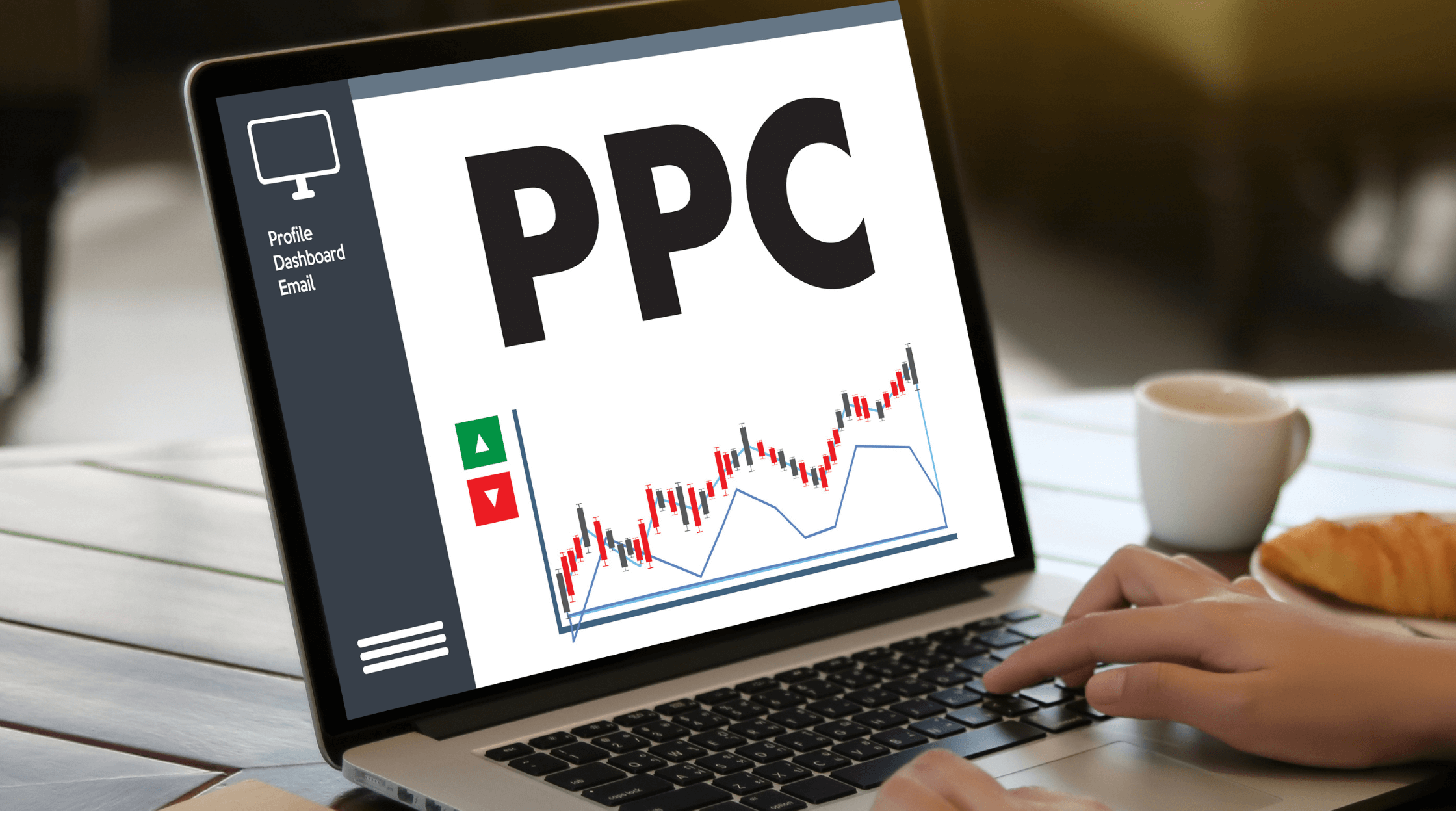7 Ways to Make Google Ads More Effective
Running Google Ads can feel like trying to crack a complex code. You set up a campaign, allocate a budget, and hope for results, but, the return on investment (ROI) falls short of your expectations.
Perhaps you’ve noticed that your click-through rate (CTR) isn’t as high as you’d hoped, or the clicks you’re paying for aren’t converting into customers.
You’ve invested time and money into these ads, but the results aren’t there. The problem could be that your Google Ads strategy isn’t optimized.
Whether you’re new to Google Ads or have been using it for a while without seeing the results you want, these seven (7) actionable tips will help you make the most out of your advertising budget.
HOW TO ADVERTISE ON FACEBOOK
Table of Contents
But before we dive into the tips, let’s break down what Google Ads is and how it works.
What Are Google Ads?
Google Ads (formerly Google AdWords) is Google’s online advertising platform where advertisers bid to display brief advertisements, service offerings, product listings, or video content to web users.
Google Ads can be a powerful way to drive relevant traffic to your website, promote your business, increase leads, and ultimately boost sales.
Google Ads operate on a pay-per-click (PPC) model, meaning you only pay when someone clicks on your ad.
Advertisers bid on keywords—terms users enter into the Google search engine.
When users search for those keywords, ads that match the search query can appear at the top or bottom of the Google search results page.
While Google Ads are incredibly powerful, they can also be overwhelming if you can’t be able to run them effectively. That’s where these seven tips come in.
7 Ways to Make Your Google Ads More Effective
Define Clear Goals for Your Campaigns
The most effective Google Ads campaigns are built on a solid foundation: clear, measurable goals.
What do you want to achieve with your ads? Your objectives should align with your overall business goals.
Some common goals for Google Ads campaigns include:
- Generating leads
- Driving website traffic
- Increasing sales of a product or service
- Raising brand awareness
Once you’ve identified your goal, you can create targeted campaigns around that objective.
For example;
If you’re looking to increase sales, your ads should focus on driving conversions rather than just clicks.
If your goal is brand awareness, you may focus more on getting impressions and views rather than immediate conversions.
Having clear goals allows you to measure success effectively and optimize your campaigns for the desired outcomes.
Conduct Thorough Keyword Research
Keyword research is the backbone of any successful Google Ads campaign.
Without the right keywords, your ads won’t show up in relevant searches, meaning your target audience won’t see them.
Using tools like Google’s Keyword Planner, you can find keywords that are relevant to your business, have a high search volume, and have low competition.
Here are some tips for better keyword research:
- Think Like Your Customer:
Put yourself in the shoes of your customers. What search terms are they likely to use when looking for a solution your business provides?
- Use Long-Tail Keywords:
Long-tail keywords are longer and more specific search phrases.
While they may have a lower search volume, they often have less competition and higher conversion rates because they target users who are closer to making a purchase decision.
- Consider Negative Keywords:
Negative keywords help prevent your ads from showing up in irrelevant searches.
For example;
If you’re selling luxury watches, you might want to add “cheap” as a negative keyword to prevent your ads from being displayed to users searching for budget options.
By refining your keywords, you increase the chances of reaching the right audience and maximizing the effectiveness of your Google Ads campaigns.
Craft Compelling Ad Copy
Your ad copy is the first impression you’ll make on potential customers, so it’s crucial to get it right.
Compelling and relevant ad copy can make the difference between a user clicking on your ad or scrolling past it.
Here are a few pointers for writing effective ad copy:
Use Action-Oriented Language: Encourage users to take action by using verbs like “Buy,” “Shop,” “Get,” or “Discover.”
Highlight Benefits: Focus on the benefits of your product or service rather than just the features. What problem does it solve? How does it improve the user’s life or business?
Include a Strong Call-to-Action (CTA): Every ad should have a clear CTA, whether it’s “Shop Now,” “Sign Up Today,” or “Learn More.” A well-crafted CTA prompts users to take the next step.
Utilize Keywords in Your Copy: Google rewards ads that are relevant to the user’s search query.
Including your targeted keywords in your headline and description not only improves your ad’s quality score but also makes it more likely to catch the user’s eye.
Leverage Ad Extensions
Ad extensions are free to use and can significantly improve the performance of your Google Ads by making your ads more prominent and providing users with additional information.
There are several types of ad extensions available:
- Sitelink Extensions: Direct users to specific pages on your website (e.g., product pages, contact pages).
- Call Extensions: Add your business phone number so users can call directly from the ad.
- Location Extensions: Show your business address to attract local customers.
- Review Extensions: Highlight positive reviews or ratings to build trust.
Using ad extensions increases the size and visibility of your ads and provides users with more reasons to click.
Optimize Your Landing Pages
Once someone clicks on your ad, where do they land? If your landing page isn’t optimized for conversions, you could be wasting your ad budget.
The goal of your landing page should be to guide the visitor toward completing a desired action, whether it’s making a purchase, signing up for a newsletter, or filling out a form.
Here’s how you can optimize your landing pages:
- Consistency:
Ensure that your landing page matches the message and promise of your ad. If your ad promotes a discount, your landing page should immediately highlight that discount.
- Simplicity:
Avoid clutter. Your landing page should have a clean design with a clear CTA.
- Mobile-Friendliness:
Many users will click on your ads from mobile devices, so make sure your landing page is responsive and loads quickly on mobile.
Set the Right Bid Strategy
Bidding in Google Ads can be tricky, but selecting the right bid strategy is key to maximizing your campaign’s performance.
There are several types of bid strategies you can choose from:
- Manual CPC Bidding:
This allows you to set bids at the keyword level and gives you full control over how much you’re willing to pay for each click.
- Target CPA Bidding:
Set a target cost per action (conversion) and Google will adjust your bids to help you meet that goal.
- Target ROAS Bidding:
Set a target return on ad spend (ROAS), and Google will adjust your bids to meet that target.
- Maximize Clicks or Conversions:
These strategies automatically set your bids to maximize either the number of clicks or conversions within your budget.
Choosing the right strategy depends on your campaign goals, budget, and how much control you want over your bids.
Track and Optimize Your Campaigns Regularly
One of the most important aspects of running successful Google Ads campaigns is ongoing optimization.
Set up conversion tracking to monitor the effectiveness of your ads. Google Ads provides detailed analytics on impressions, clicks, CTR, conversions, and more.
Use this data to assess which ads are performing well and which need adjustment.
Regularly review your campaigns to:
- Pause Underperforming Keywords:
If certain keywords are draining your budget without generating results, consider pausing them.
- A/B Test Your Ads:
Test different variations of your ad copy, headlines, and CTAs to see which combinations yield the best results.
- Adjust Your Bids:
If certain keywords are performing well, consider increasing your bids to capture more traffic.
By consistently monitoring and optimizing your campaigns, you can ensure that your ads are performing at their best.
How to Set Up Google Ads
Setting up Google Ads can seem intimidating if you’ve never done it before, but the process is straightforward when broken down step by step:
Create a Google Ads Account
If you don’t have a Google account, you’ll need to create one. Once signed in, visit ads.google.com and sign up for Google Ads.
Define Your Campaign Goals
Google Ads will ask what your main advertising goal is (e.g., sales, leads, or website traffic).
Select Campaign Type
Choose the type of ad campaign you want to run (Search, Display, Shopping, Video, etc.).
Set Your Budget
Determine how much you want to spend each day on your campaign.
Choose Keywords
Use the Keyword Planner or SEMrush tool to find relevant keywords to target.
Write Your Ad Copy
Craft a compelling headline, description, and CTA that will entice users to click.
Launch Your Campaign
Once everything is set up, review your campaign and hit publish.
Monitor Your Campaign
After launching, keep an eye on your performance metrics to optimize and make adjustments as needed.
Conclusion
Making Google Ads more effective isn’t rocket science, but it does require a clear strategy, consistent monitoring, and a willingness to adjust and refine your approach.
By following these seven tips, you’ll be well on your way to creating high-performing campaigns that deliver real results for your business.
However, mastering Google Ads—and digital marketing in general—requires in-depth knowledge.
If you’re looking to take your PPC advertising skills to the next level and ensure that your ad budget is spent effectively, sign up for our Digital Marketing Course.
In this course, we cover everything from Google Ads to advanced PPC strategies, ensuring you can confidently run campaigns that generate results and grow your business.
Ready to boost your digital marketing game?
Enroll today and start seeing real returns from your Google Ads campaigns!




